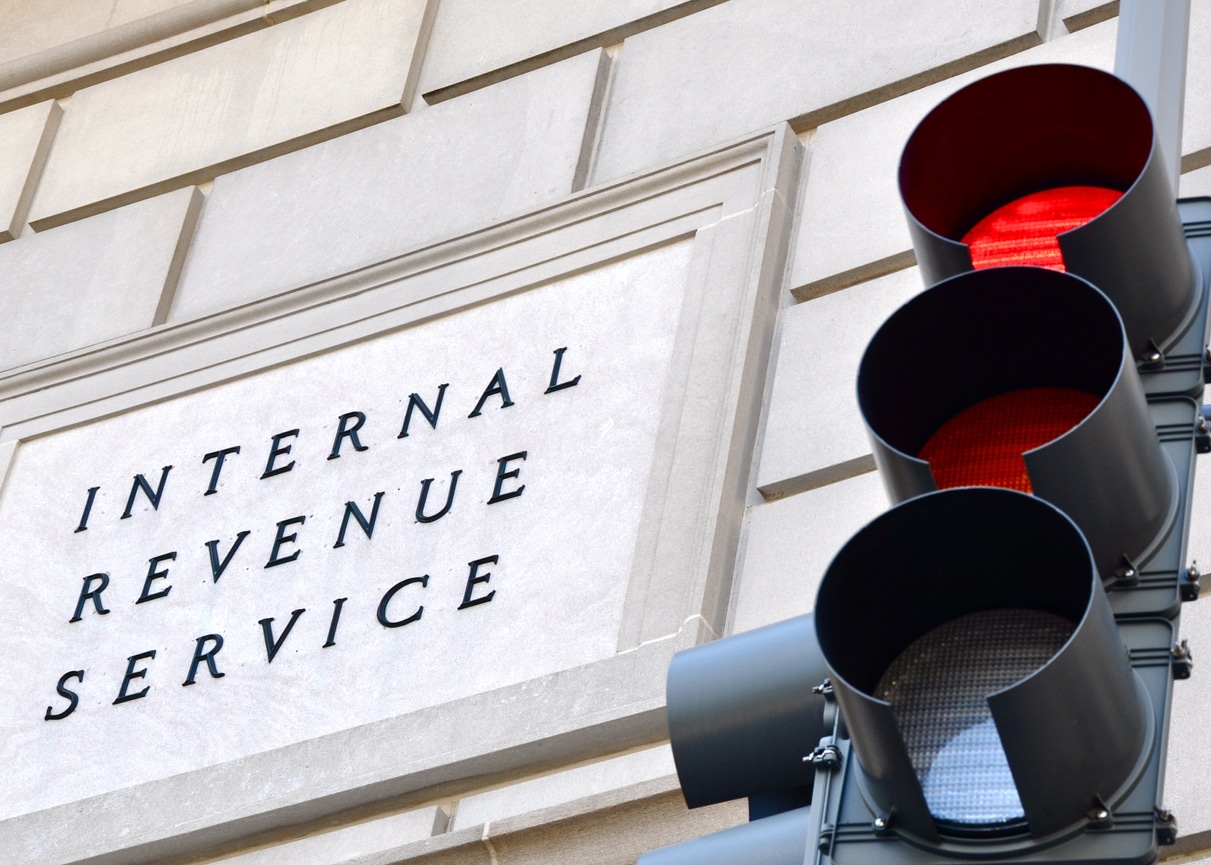
Sign up for smart news, insights, and analysis on the biggest financial stories of the day.
This Monday, the Supreme Court rubbed SALT into the wound that is the annual tax return of every New York/New Jersey resident who makes a decent income.
The highest court in the land rejected an appeal by four states to overturn a cap on state and local tax deductions (SALT), passed in 2017. Critics say the rule makes life for some blue-state residents more expensive than a ticket to an exclusive Democratic Party fundraiser.
Got the Blues
Back in 2017, Republicans passed tax reforms that, among other things, included a $10,000 cap on the amount of state and local taxes people can deduct from their federal income tax, with a 2025 expiration date. The people hit the hardest were high earners in states with high taxes — also known as rich people in blue states.
Four states — New York, New Jersey, Maryland, and Connecticut — sued to overturn the cap, but were rejected in October by the Second Circuit Court of Appeals, which didn’t buy the argument that the cap unconstitutionally infringes on their sovereignty. The Supreme Court didn’t even give them the dignity of a reason for the rejection of their appeal, which was quietly tucked away in order papers on Monday. That means well-heeled blue state residents can expect headaches for at least three more tax seasons:
- New York estimates its taxpayers will end up paying $121 billion in extra federal taxes from 2018 to 2025 because of the SALT cap.
- According to WalletHub, when you measure taxes on individual income, property, and sales, as well as the excise tax as a share of personal income, New Yorkers have the highest state tax burden at 12.75%. New Jersey is sixth, with 10.1%, and Connecticut seventh, with 10%. Alaska has the lowest tax burden (5%), while a list of the top ten tax-light states also includes Live Free or Die New Hampshire (6.4%) and Florida (6.4%).
A Bit Rich: While some moderate Democrats have pushed to raise the cap to $80,000, experts say changing it wouldn’t help most of their constituents. “Only about 9% of households would benefit from a repeal of the Tax Cuts and Jobs Act’s (TCJA) $10,000 cap on the state and local property tax (SALT) deduction,” wrote Tax Policy Center analyst Howard Gleckman in a research note. “More than 96% of the tax cut would go to the highest-income 20% of households.”











